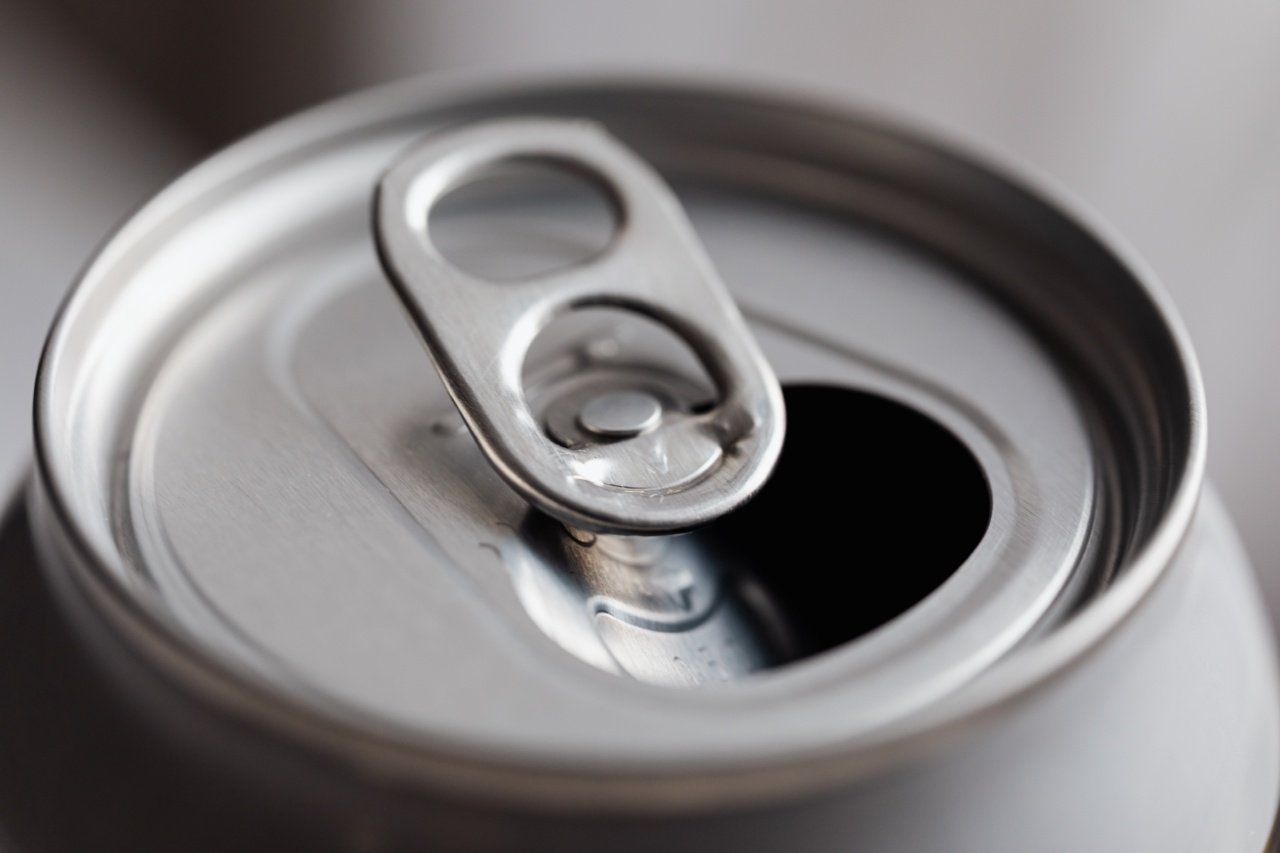Bloating can be incredibly uncomfortable and is a common problem affecting many people. It’s characterized by a swollen stomach, feeling tight and full, and possibly even visible distension.
Bloating can be caused by various factors, including overeating, consuming certain foods, eating too quickly, and certain medical conditions like irritable bowel syndrome (IBS).
Fortunately, there are 5 simple steps that you can take to reduce bloating and improve your overall digestive health. These steps are:.
Step 1 – Chew Your Food Properly
Chewing your food properly is an essential step in good digestion. When we eat too fast, we tend to swallow air along with our food, leading to bloating and discomfort.
Chewing your food properly also allows your stomach to work more efficiently, reducing the workload and pressure on the stomach. Research shows that people who chew their food more have fewer digestive problems, including bloating.
Therefore, it’s important to take your time when eating and make an effort to chew your food properly. Aim to chew slowly, savoring your food, and allowing time for your stomach to digest the food.
A good rule of thumb is to aim to chew each mouthful at least 20-30 times before swallowing. This practice will not only help reduce bloating but can lead to better digestion, absorption of nutrients and even help you lose weight.
Step 2 – Reduce Gas-Producing Foods
One of the most common causes of bloating is the intake of gas-producing foods. Intestinal bacteria produce gas during the digestion of certain foods like beans, lentils, cruciferous vegetables, carbonated drinks and chewing gum.
Sometimes, it’s the combination of certain foods that form gas in the digestive system that cause bloating. Other digestive issues like lactose or fructose intolerance can also lead to excessive gas production, which can cause bloating, cramping and discomfort.
To reduce bloating and gas production, try to cut back on or avoid foods that frequently cause gas problems.
This might include reducing your intake of high-fiber foods such as beans, lentils and cruciferous vegetables like broccoli, cauliflower, and Brussels sprouts. Other potential triggers may include dairy products, wheat, and artificial sweeteners such as sorbitol, xylitol, and aspartame. Be sure to monitor your body’s response to different foods to determine which ones cause gas issues for you.
Step 3 – Stay Hydrated
Staying hydrated is essential for preventing and reducing bloating. When you’re dehydrated, the body retains more water, which leads to bloating and swelling. Drinking plenty of water throughout the day can help you avoid this problem.
It is recommended that adults should aim to drink at least eight glasses of water each day to stay hydrated.
In addition to drinking plain water, you can also stay hydrated by consuming fruits and vegetables with high water content like watermelon, cucumber, oranges and grapefruits.
Step 4 – Eat Smaller Meals More Frequently
Eating smaller, more frequent meals throughout the day can also help reduce bloating. This method avoids overflowing the stomach and, thus, reducing pressure and discomfort in the digestive tract.
Eating smaller meals also helps to keep the metabolism going, preventing you from feeling weak or stuffed while keeping your blood sugar levels more stable.
When you eat large meals, it’s easy for your stomach to become overwhelmed, leading to bloating and discomfort. Smaller and more frequent meals spread throughout the day can help to prevent overloading the digestive system.
Step 5 – Stay Active and Exercise Regularly
Staying active and exercising regularly can also help reduce bloating. Exercise stimulates the digestive system and helps to prevent constipation, thus reducing bloating.
Regular exercise can also help to maintain a healthy weight, reducing the risk of developing digestive problems, which in turn prevents bloating episodes. Exercise also releases endorphins, leading to stress reduction and general mood improvement, thus lessening the risk of stress-related digestive problems.
Exercises like walking, running, cycling, swimming, yoga, and Pilates can be particularly helpful in reducing bloating. Not only that, they help regulate bowel movements and stimulate digestion, helping to prevent constipation and bloating.
Conclusion
Bloating can be a troublesome problem that interferes with your enjoyment of life. However, following the above five simple steps can help you manage and even prevent bloating. Begin with making changes that work best for you.
If symptoms persist after making these changes, seek medical advice from a qualified doctor or healthcare provider.
By following the above steps and staying vigilant with your diet and lifestyle habits, you will discover that bloating can be managed and prevented effectively, and give you many benefits of a healthy, active lifestyle.































